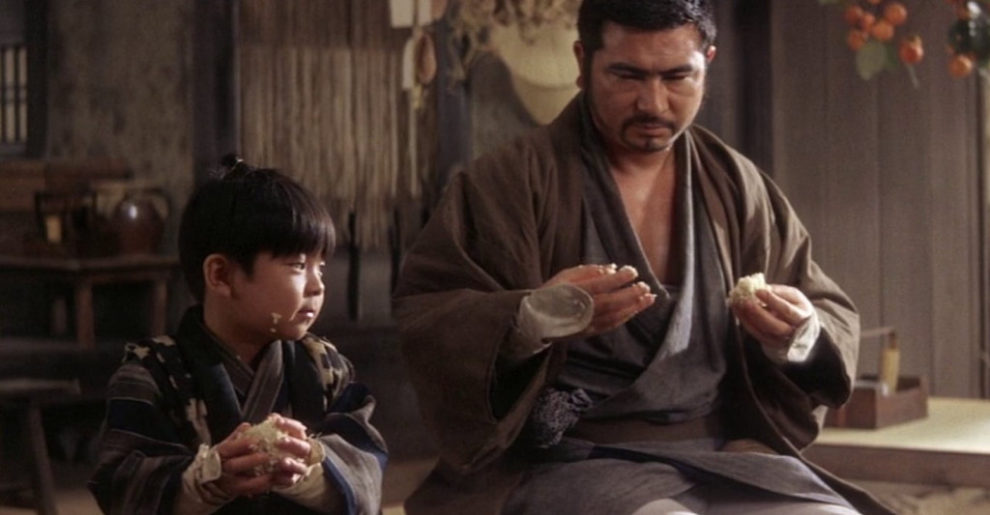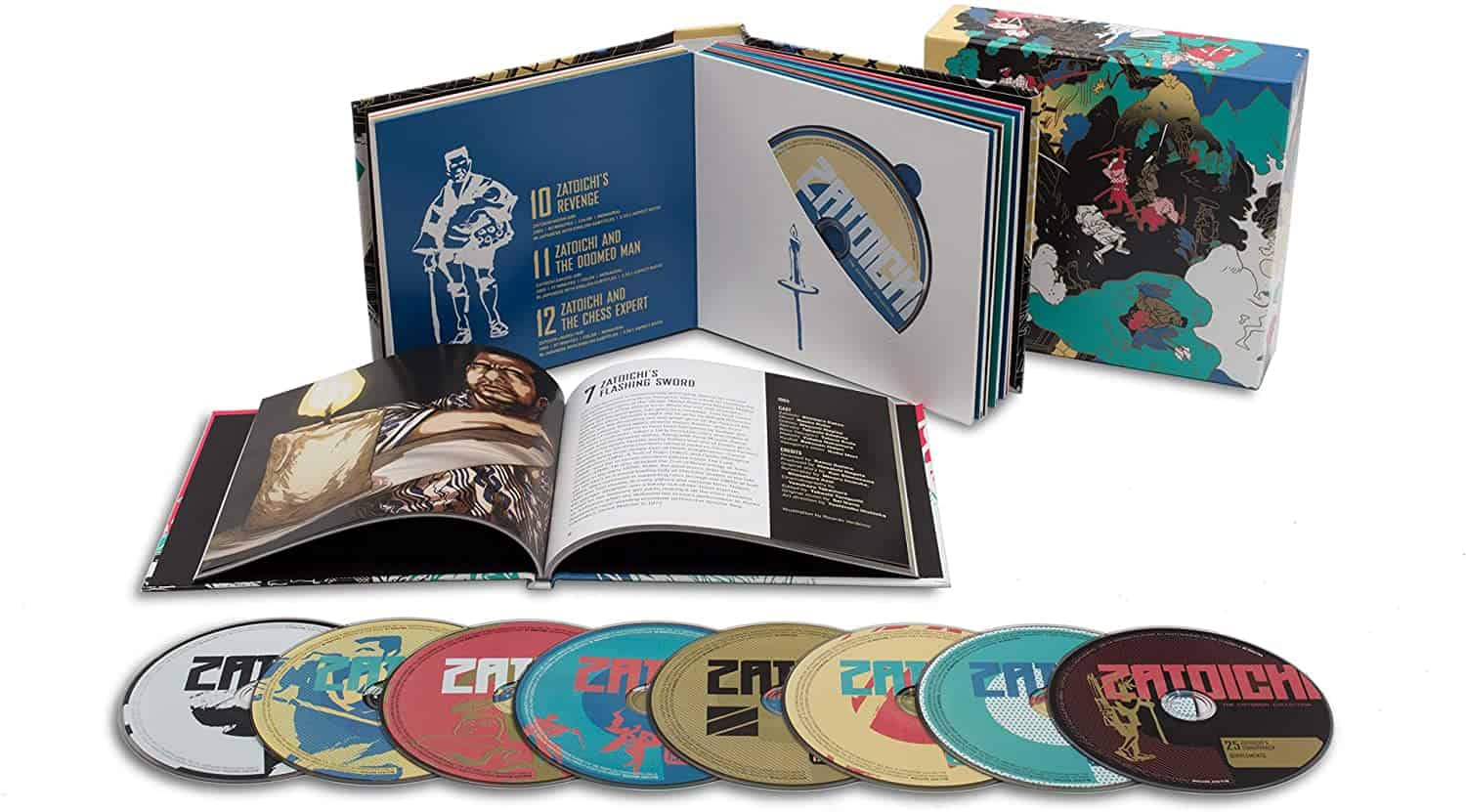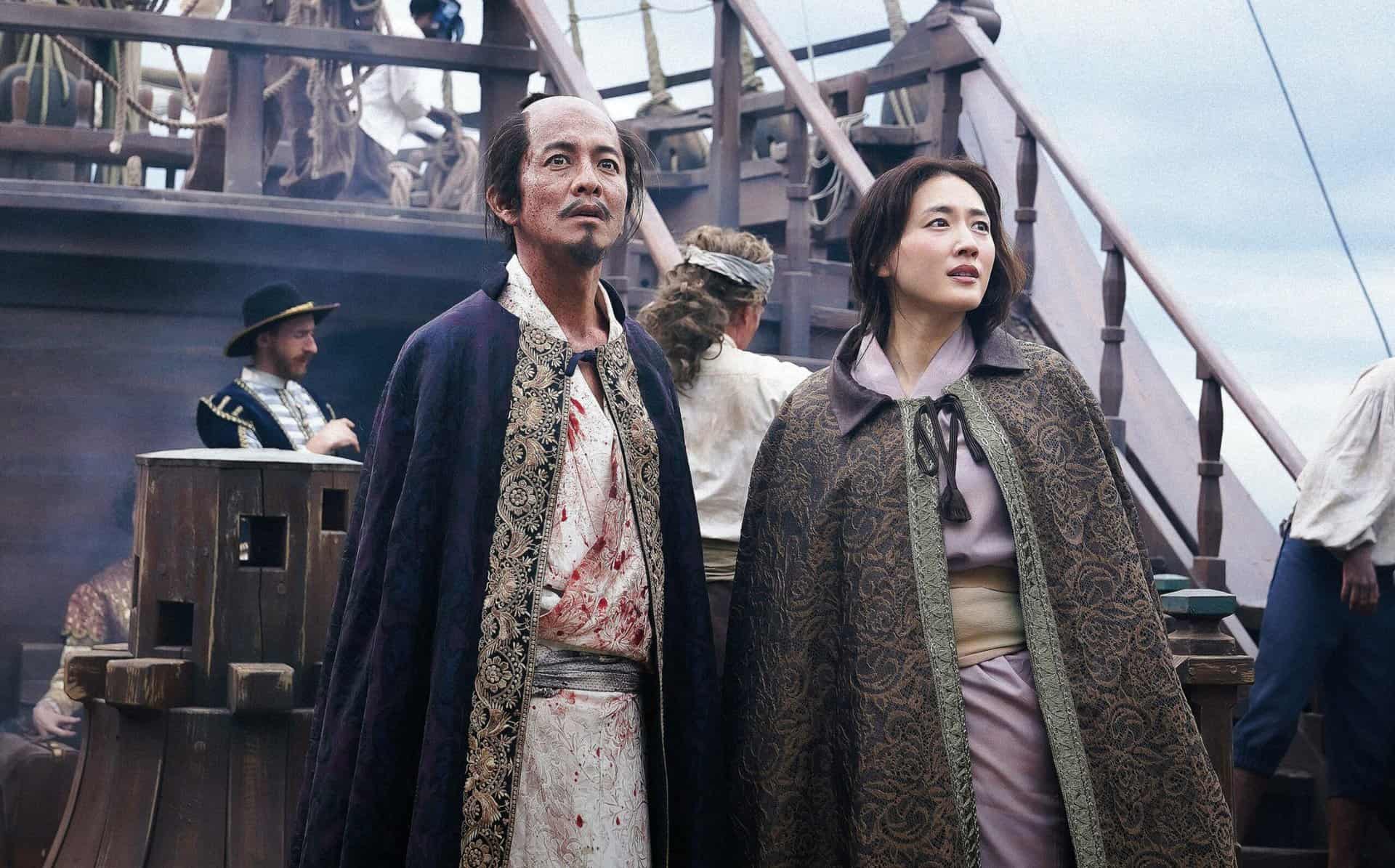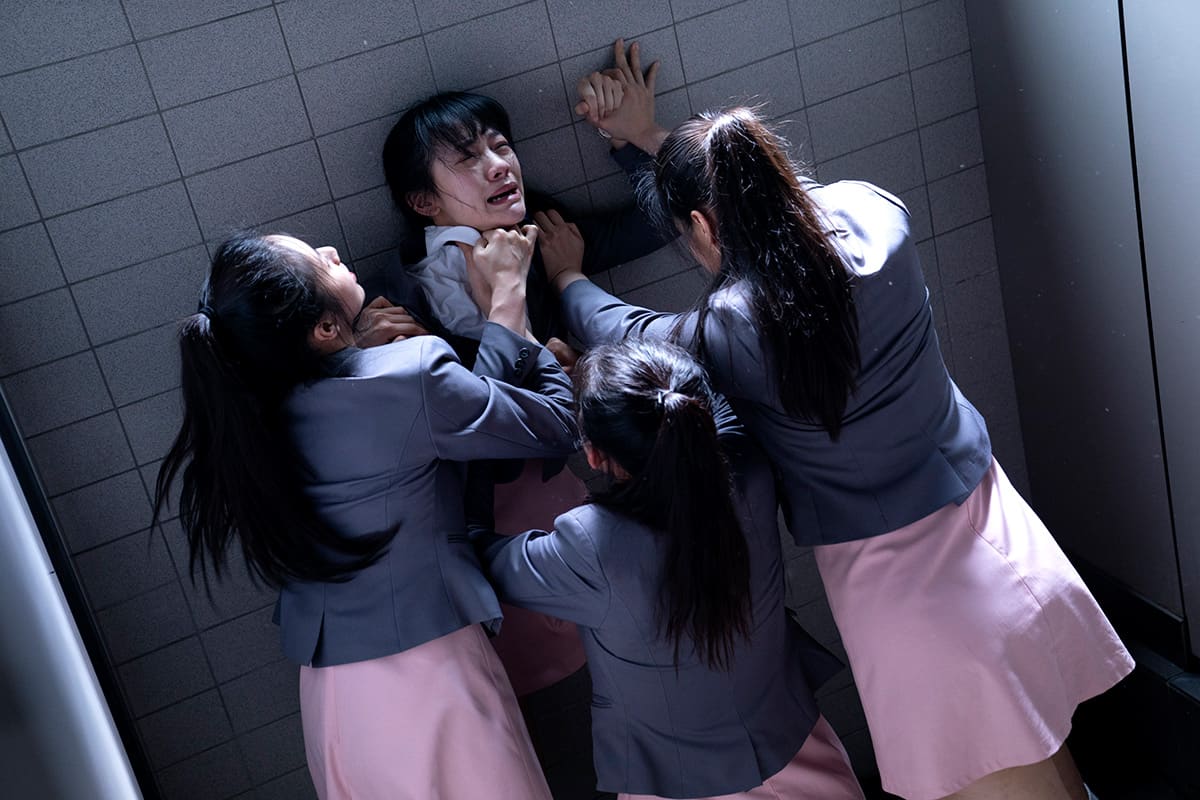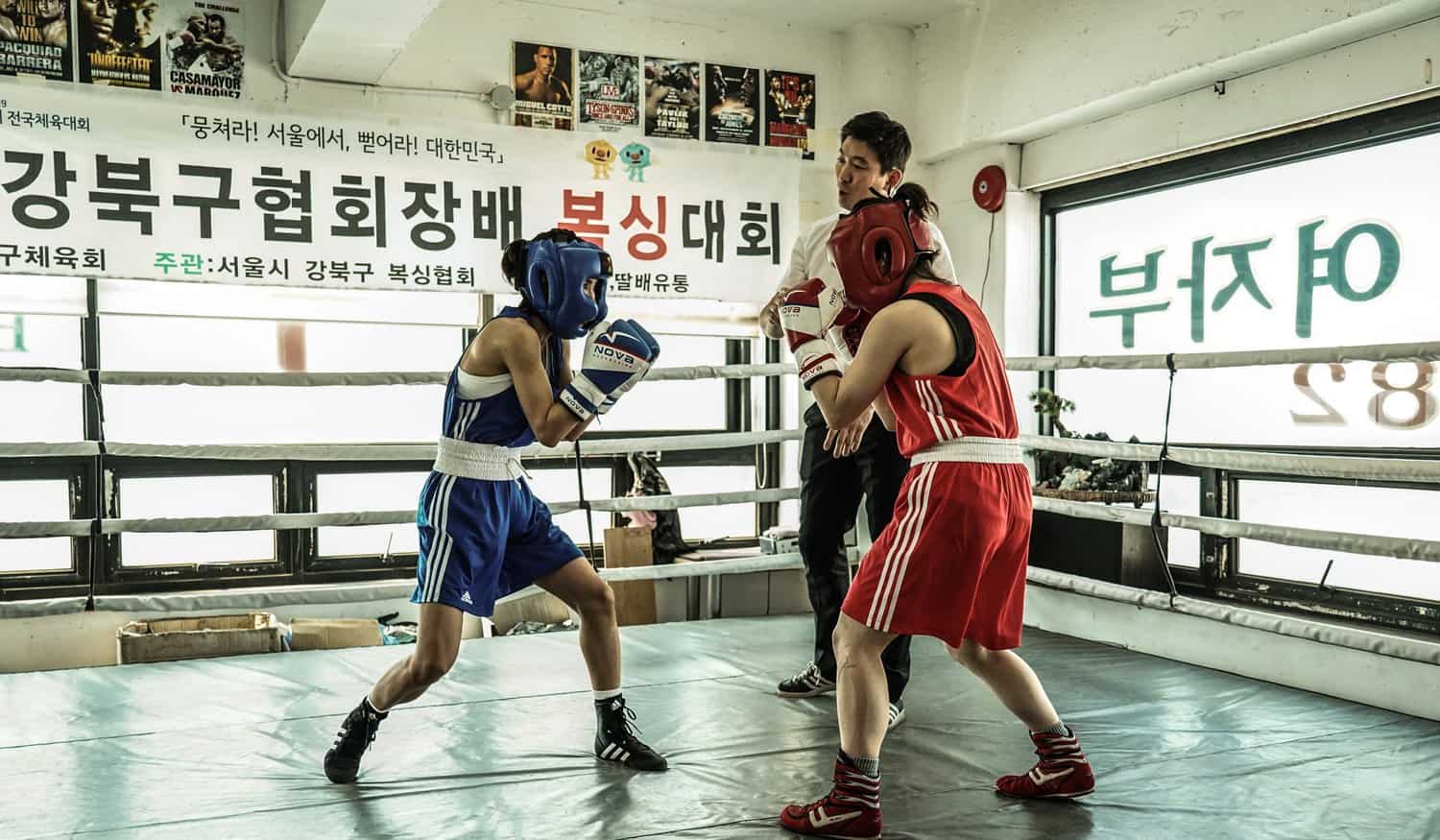After the more serious and political tones of “Zatoichi the Outlaw” the overall seventeenth installment of the popular franchise, “Zatoichi Challenged”, would return the story of the blind swordsman to its formula somewhat. The feature also saw the return of Kenji Misumi in his fourth entry into the series, which, for those familiar with the director's body of work, could be regarded as a precursor to his famous “Lone Wolf and Cub”-saga. However, despite it being a deviation from the last movie, the audience would nevertheless catch a glimpse into the character of Zatoichi, namely his idea of issues such as responsibility and obligation as he again needs to take care of a child for a large part of the story. Apart from these aspects, “Zatoichi Challenged”, as the title already implies, sees the blind masseur facing an opponent who might be able to match his skills.
Buy This Title
Upon his travels through rural Japan, Zatoichi (Shintaro Katsu) checks into an inn for the night, but has to share the room with a sick woman and her child. Eventually, after she has sent away the child on some errand, she dies in Zatoichi's arms, but not before making him swear he would take the child to see his father, a man named Shokichi who works in a far away village. Although the boy proves to be quite a handful, the blind masseur and him strike a bond with each other and finally find a group of circus performers to take them some of the way to Maebara, the village where Shokichi supposedly lives.

However, as the two of them arrive at Shokichi's last workplace, they find out he has been gone for quite some time, much to the disappointment of the shop owner who wanted his apprentice to marry his daughter. As we soon find out, Shokichi has never left the village, but has been forced to work for Torikoshi (Eitaro Ozawa), a corrupt official, who forces the considerable drawing skills of his prisoner to create erotic drawings on vases and plates, which he would then sell to other officials and noblemen. As the real story about the boy's father and his disappearance begins to unfold, Zatoichi runs into Akazuka (Jushiro Konoe), a swordsman who has crossed paths with the blind masseur on several occasions, and who also seems to be after the boy's father for some reason.
For those who thought the series would go in a different direction after “Zatoichi the Outlaw”, “Zatoichi Challenged” may be quite the disappointment. Although Zatoichi does not save a group of farmers or workers from a draconian lord or yakuza boss, you will find very few surprises in the way the story unfolds, which also includes some episodes, such as the sequence with the group of circus performers, that seems rather redundant, despite including some rather entertaining songs and music. Especially the fight sequences, a trademark of the series, feel a little dull at points,except Zatoichi's final confrontation, which may be the highlight of the whole feature.
At the same time, “Zatoichi Challenged” includes an interesting historical background and also explores its protagonist's sense of obligation. Given the ban on pornography during the Edo era, the fact it would create a criminal enterprise such as the one portrayed in the story is quite telling for a repressive and controlling system. In what may be one of the most artful sequences of the film, we see a state official destroying some of the plates Shokichi had designed, with the camera showing close-ups of the plates breaking into pieces. However, as the entry clearly deviated from the political tone of its predecessor, nothing much comes out of this scene or other sequences, which is indeed a pity. Instead, Ryozo Kasahara's script focuses on the dynamics of Zatoichi and the child, the blind masseur's growing sense of obligation towards the boy, which is a nice concept, but nothing we have not seen before in the series.
“Zatochi Challenged”, despite its formal strengths, is one of the weaker entries into the franchise. While some aspects are indeed noteworthy, such as the final fight, the story feels quite predictable and in the context of the whole series too formulaic to really stand out.


